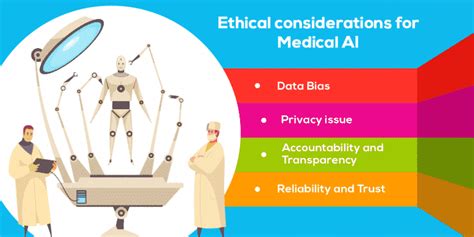In an era where our digital footprint is often as significant as our physical presence, the ethical treatment of personal data has become a subject of intense debate. Should personal data be accorded the same sanctity as human organs, unavailable for trade? This notion, while seemingly extreme, has garnered substantial support among tech ethicists and public commentators. Treating personal data as something that should never be commoditized broaches essential conversations about privacy, security, and even societal values. Businesses and governments alike are grappling with how to manage data in a way that balances innovation and ethical considerations.
One widespread concern is the difference between required data and voluntary data, a distinction often blurred by business practices. Many argue that while some industries must collect certain types of data by law—think medical or financial services—there should be a clear and enforceable distinction between necessary and voluntary data collection. It’s crucial for users to understand how their data will be used and protected, and when it’s being collected voluntarily, they should have extra safeguards against misuse. As elmerfud highlighted, a business requiring voluntary data for their services should be expected to employ equivalent care and face severe penalties for any mishandling, akin to physical property. Currently, businesses’ liability limitations are often overruled by their own negligence, a gap in enforcement that needs to be addressed.
The idea of using a metaphor to explain data ownership brings varied opinions. For instance, describing data transactions like the selling of organs carries significant moral implications. This metaphor, while potent, also comes loaded with ethical baggage, potentially distracting from the unique issues of data misuse. Critics argue for a simpler, more straightforward understanding: data, while needing protection, isn’t easily comparable to physical property. As another user, hakunin, mentioned, analogies might sometimes morally load the discussion improperly, yet they often help those not versed in data intricacies to grasp fundamental issues swiftly. Nonetheless, overly simplistic comparisons might hinder substantial policy development, highlighting the importance of nuanced dialogue.
Data ownership intersects significantly with societal perspectives on privacy and individual rights, often clashing with the interests of powerful tech giants. In many European countries, stringent regulations like GDPR ensure data protection, but enforcement is commonly seen as lackluster. The reality is, despite strong legal frameworks, corporations frequently exploit loopholes and dark patterns to sidestep these protections, leaving users skeptical and often unwitting participants in data marketplaces. Such practices erode trust, illustrating the dire need for transparent, enforceable, and user-centric data governance.
The ethical challenge of data monetization versus protection is not without parallels. Consider the market for human organs or even blood donations. While some argue for financial compensation to incentivize donations, others fear it may exploit the vulnerable. In every market, introducing money can compromise the integrity of decisions—whether donating a kidney or sharing one’s digital footprint. As user mschuster91 pointed out, even simple transactions like blood donations shift dramatically when financial incentives are involved, posing risks of endangering the donors themselves. Similarly, selling personal data commodifies the very essence of individuals, often benefiting entities far removed from the original data owner.
Ultimately, creating a robust framework to protect personal data while allowing technological advancement remains a balancing act. One possible approach is enhancing user consent mechanisms, ensuring individuals retain informed control over data use and distribution. Imagine browsing online and encountering a targeted ad: clicking a link that details which data sources contributed to it and how to revoke consent could empower users significantly. However, the complexity of digital ecosystems means that such transparency is challenging to implement effectively. Yet, as observed in the EU with GDPR, robust mechanisms like ‘do not track’ headers and comprehensive user rights, if properly enforced, can set the global standard for data ethics. The key lies in balancing technological innovation with societal values and ethical responsibilities, a pursuit requiring constant vigilance and adaptation.


Leave a Reply